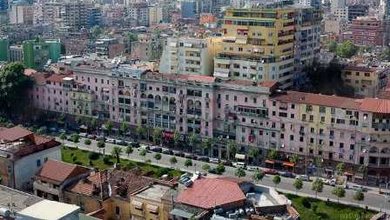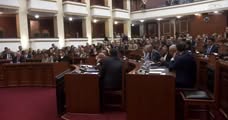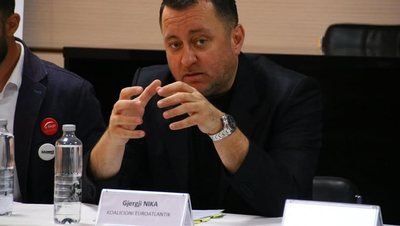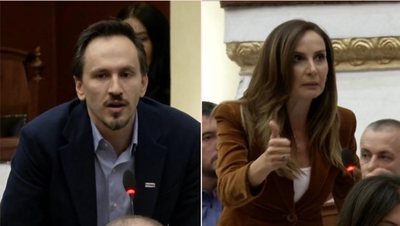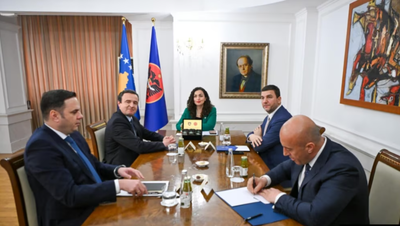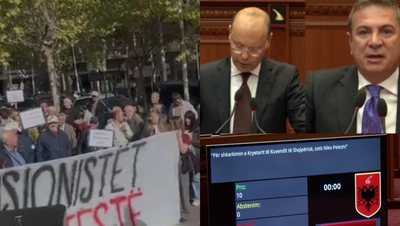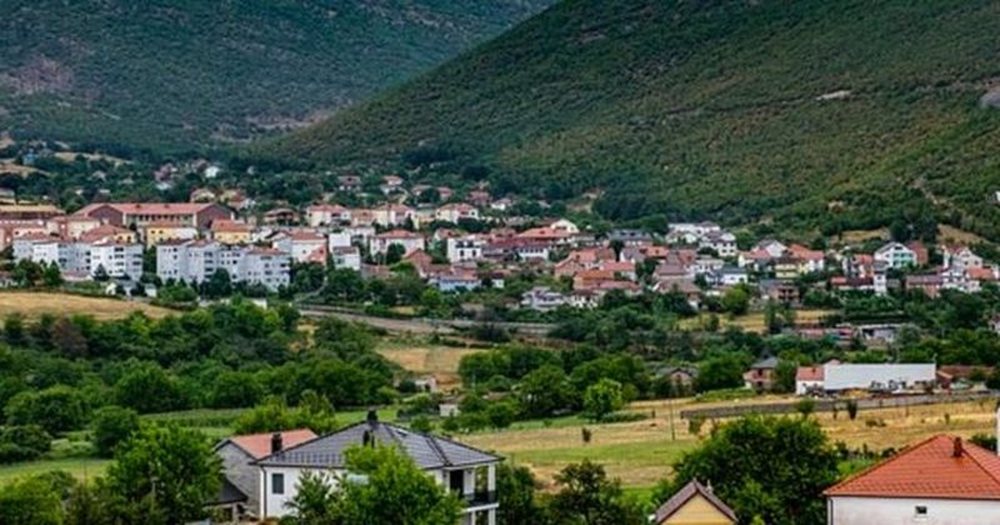
In a recent report by the Daily Mail, the story of Besmira, a 32-year-old woman from the northern town of Has in Albania, is spotlighted, who for four years has lived in the hope that she will one day be reunited with her husband, Arben.
He illegally immigrated to Britain in 2021, paying 5,000 pounds to cross the English Channel from France by dinghy.
Today, he works on a construction site in Manchester and lives in difficult conditions, working 12 hours a day to send money to his family in Albania.
Besmira, who lives with Arben's parents, has quit her job as a statistics expert at the Has municipality and confesses that she is struggling with depression and loneliness.
"I love my husband, we want to have a child. But how can we build a family through phone calls that have been going on for four years?" she says, asking to remain anonymous in the article due to the sensitivity of the issue.
This is not an uncommon story in Has, a municipality with only 5,000 inhabitants, where, according to the Daily Mail, eight out of ten families survive thanks to the income of sons and husbands who have emigrated to Britain, often illegally.
In 2022, more than 13,000 Albanians - including minors - entered the United Kingdom illegally, and a large percentage of them came from this area, according to what the prestigious British newspaper reports.
The social consequences of this phenomenon are deeply visible. Young girls in Has stand in cafes waiting for "fiancés" from Britain, while boys leave as soon as they finish high school.
"The normal chain of life – dating, engagement, marriage, children – has been broken. The boys are in England, the girls are left here alone," says Jahir Cahani, a teacher turned initiator of tourism projects to stop the emptying of Has.
Meanwhile, local authorities are trying to maintain the symbolic connection with Britain. A heart-shaped monument containing the British and Albanian flags has been placed in the central square, and many cafes have been decorated with symbols such as Big Ben or images of Queen Elizabeth II.
But behind this facade of “gratitude,” lies a sad reality: children growing up without fathers, women shouldering the double burden of family, and a community losing its social balance. Local professors and activists call this the “destruction of the family structure.”
Even if men return for holidays or marriages, many women are unable to join them in Britain due to legal barriers and so-called "spousal visas" that require minimum incomes and complicated documentation.
Besmira’s story is just one voice among hundreds of other women in Has who share the same fate – a virtual marriage, an endless wait and a life filled with anxiety. “This is not the life we wanted,” she says. “Money is not everything.”


